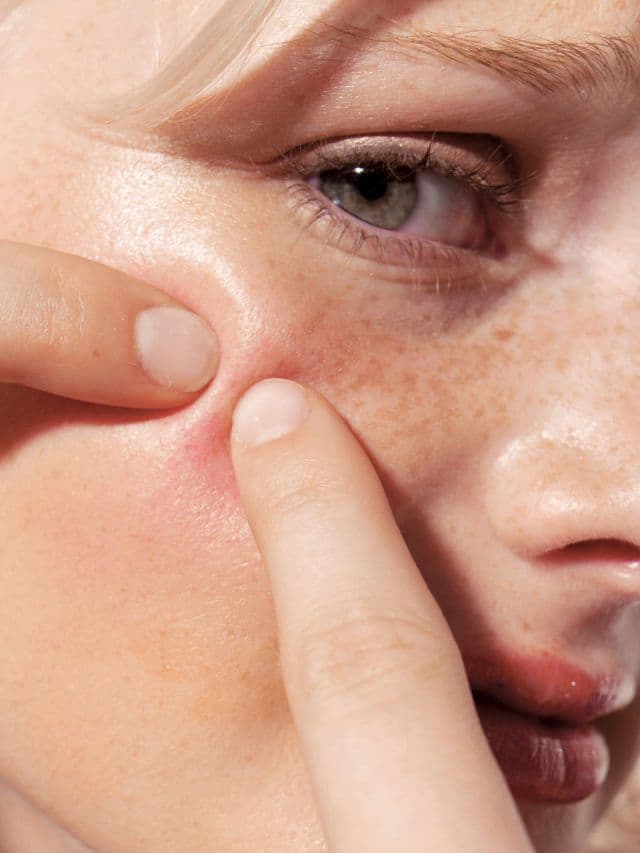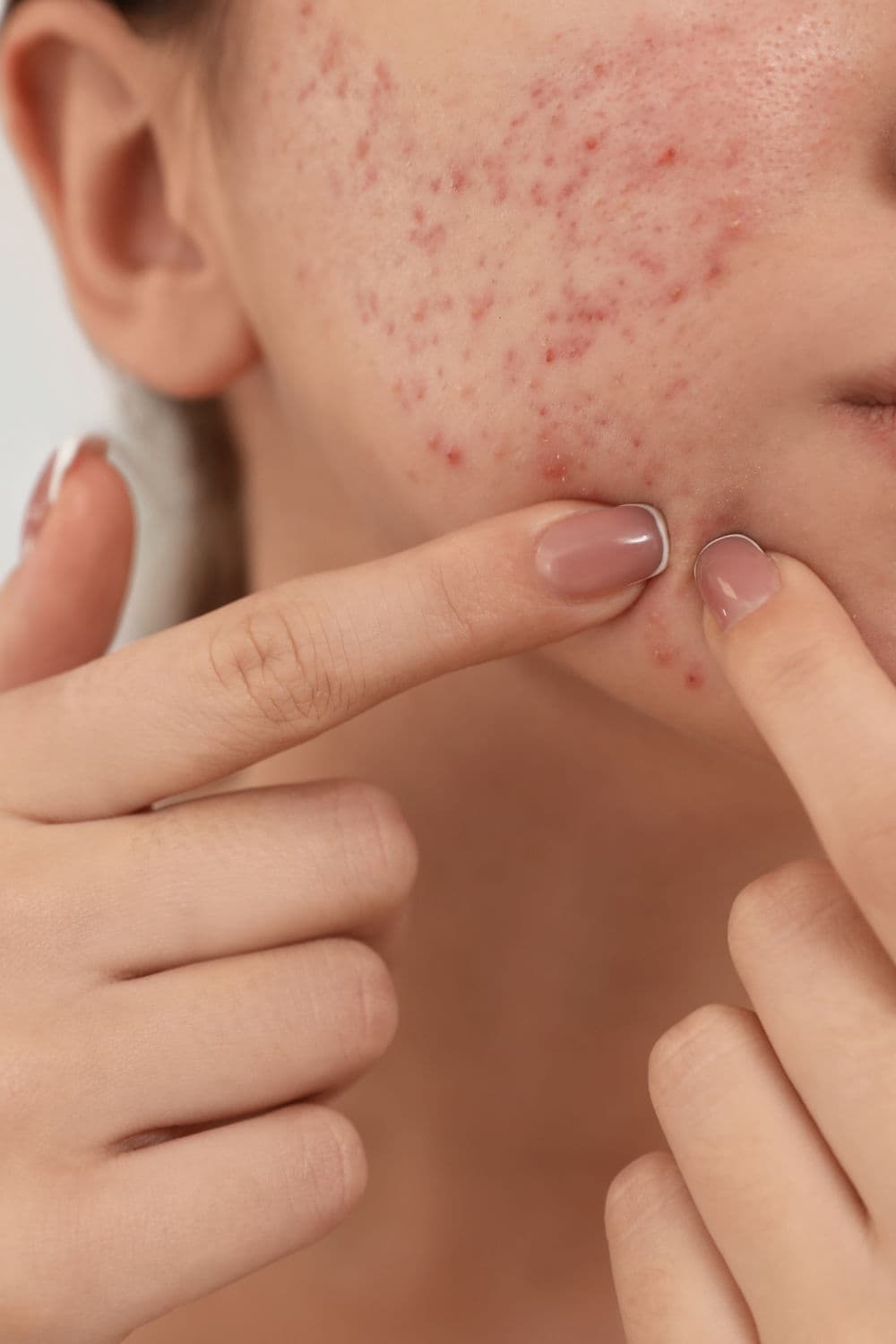
Your PCOS skin pigmentation game plan that works
9 sources
Listen to this article
Those dark patches on your neck and stubborn acne scars that just won't fade? If you have PCOS, your skin is dealing with way more than surface issues. Your body's insulin resistance and hormonal chaos are literally changing how your skin heals and creates pigment.
Here's what's really happening: elevated insulin levels trigger your melanocytes to go into overdrive, creating those dark patches called acanthosis nigricans. Meanwhile, excess androgens fuel inflammatory acne that heals poorly, leaving behind pigmentation that seems impossible to budge. It's not your imagination that conventional treatments aren't cutting it.
Target the metabolic root cause
Your pigmentation issues start from within. Managing insulin resistance isn't just about blood sugar, it's about giving your skin a fighting chance. Studies show that when women with PCOS improve insulin sensitivity through targeted nutrition and gentle movement, their skin pigmentation actually begins to normalize. Think whole foods, balanced meals, and those comforting walks that feel good during your luteal phase when you're naturally nesting and preparing.
Choose insulin resistant skin friendly ingredients
Regular hyperpigmentation treatments often fall short because they don't account for your unique hormonal environment. Look for azelaic acid, which tackles both acne causing bacteria and pigmentation while being gentle enough for sensitive, inflamed skin. Niacinamide helps regulate oil production and supports skin barrier repair. These ingredients work with your skin's needs, not against them.
Time your intensive treatments wisely
Your skin sensitivity fluctuates with your cycle. During your luteal phase, when progesterone peaks and your skin feels more reactive, focus on gentle, supportive treatments. Save stronger interventions like chemical peels for when your skin can better handle them. This strategic timing can dramatically improve results while minimizing irritation.
Your action plan:
- •Address insulin resistance with balanced nutrition and gentle movement
- •Use azelaic acid and niacinamide consistently for PCOS specific skin needs
- •Apply broad spectrum SPF daily to prevent further pigmentation
- •Consider professional treatments timed with your cycle
- •Combine topical care with systemic PCOS management for best results
Remember, PCOS skin pigmentation responds differently because the underlying causes are different. Be patient with your skin as you address the root metabolic imbalances. Your consistency will pay off.



